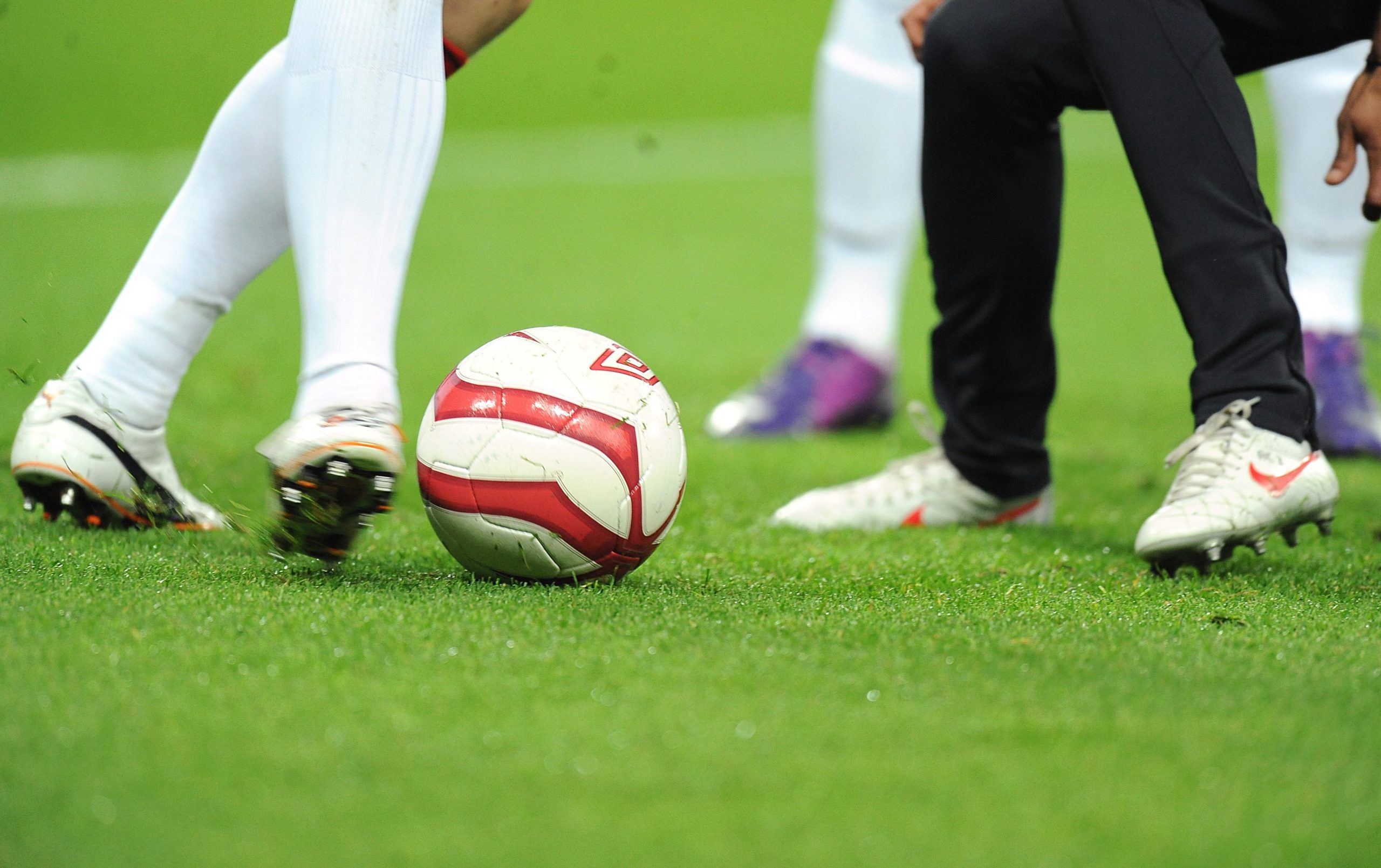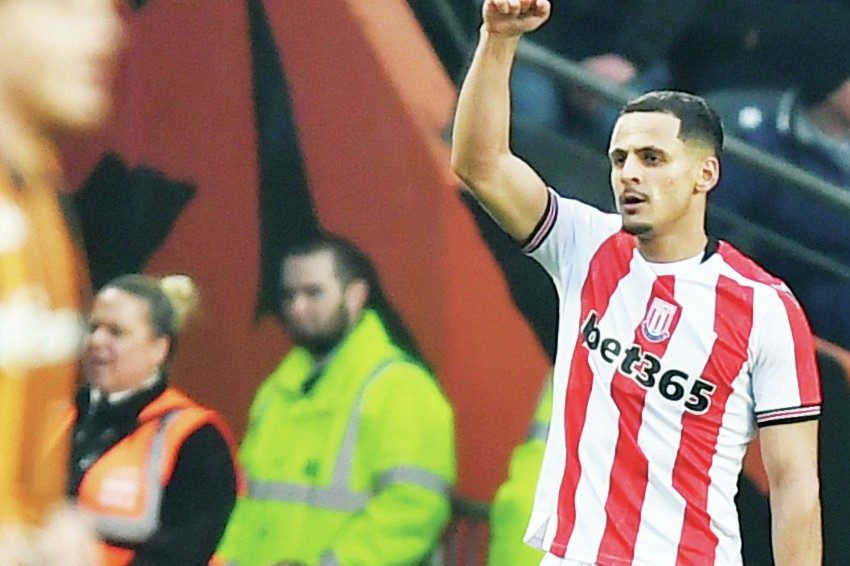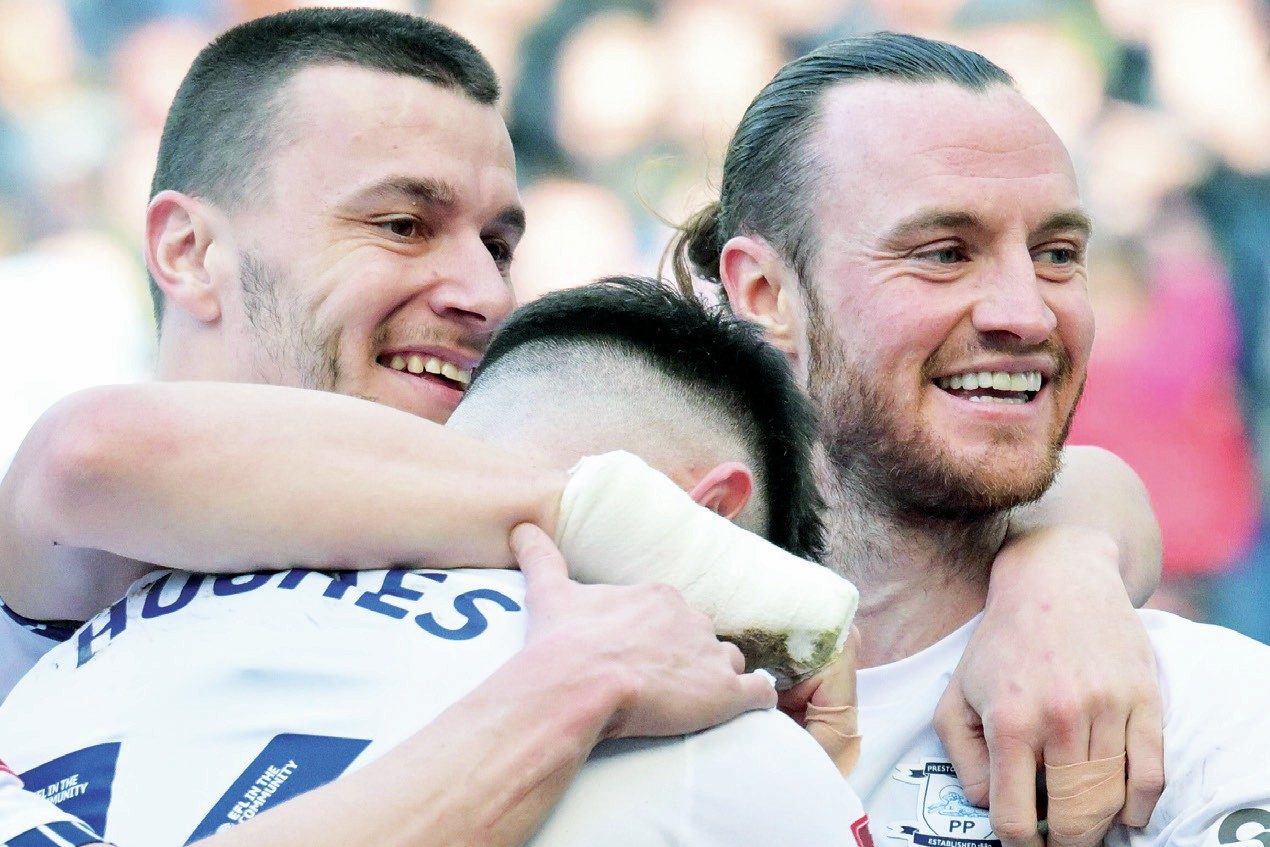
When you watch a close game, whether it’s basketball, tennis, or football, you can almost feel the tension. Every move matters, every decision shapes the outcome. Competitive sports are more than just physical battles; they’re lessons in strategy, patience, and timing. Athletes learn to think fast, read situations, and plan several steps ahead. It’s not only about running faster or jumping higher but understanding when to act and when to wait. The lessons players learn on the field can teach everyone how to plan smarter, handle pressure, and make better choices in everyday life.
Thinking Before You Move
In sports, quick thinking is everything. A footballer deciding whether to pass or shoot, a tennis player reading an opponent’s next move…these moments require more than muscle. They demand strategy. Players are constantly scanning for patterns, predicting what might happen next, and reacting in seconds. That ability to pause and think before moving applies off the field, too. Whether it’s solving a problem at school, managing time, or handling a tough situation, thinking ahead gives you the edge. Good strategy isn’t about guessing; it’s about reading the game before it happens.
The Balance Between Risk and Reward
Every sport has moments when you have to choose between playing it safe and going big. A basketball player might take a deep three instead of an easy pass. A racing driver might push the car harder on the final lap. It’s the same thinking people use when they play bets, card games, or skill-based challenges, such as poker, fantasy sports, and blackjack online, where smart players learn to weigh risk against reward. Whether on the field or behind a screen, success often depends on staying calm, reading the situation, and knowing when the risk is worth it.
Learning from Mistakes
No athlete wins all the time. Even the best make errors: missing shots, losing matches, or getting outplayed. What makes great competitors stand out is how they respond afterward. Instead of getting stuck on failure, they study what went wrong and fix it. That’s strategy in its purest form: learning, adjusting, and coming back stronger. It’s the same lesson that applies anywhere else: in school, work, or personal goals. Mistakes aren’t the end; they’re feedback. And the faster you turn lessons into action, the better you become at whatever you’re doing.
Teamwork and Communication
Even the most talented player can’t win alone. Strategy in team sports depends on communication: players knowing their roles, trusting each other, and reacting together. A perfectly timed pass or a coordinated defence move shows how strategy connects people. It’s about understanding that everyone contributes differently but works toward the same goal. That same teamwork mindset applies outside of sports, too. Whether you’re doing a group project, working a job, or planning an event, communication and trust make everything run smoothly. Strategy isn’t just thinking smart. It’s working smart, together.
Staying Calm Under Pressure
When the score is close and the crowd is roaring, athletes have to keep their cool. That’s where mental strategy shines. Staying calm helps them focus, make better decisions, and perform under stress. It’s a skill anyone can use during exams, presentations, or tough conversations. The secret is control: breathing, focusing, and not letting emotions take over. Sports remind you that pressure doesn’t have to break you; it can sharpen you. The real strategy isn’t just about winning. It’s about keeping your head clear enough to make the right move when it counts.








